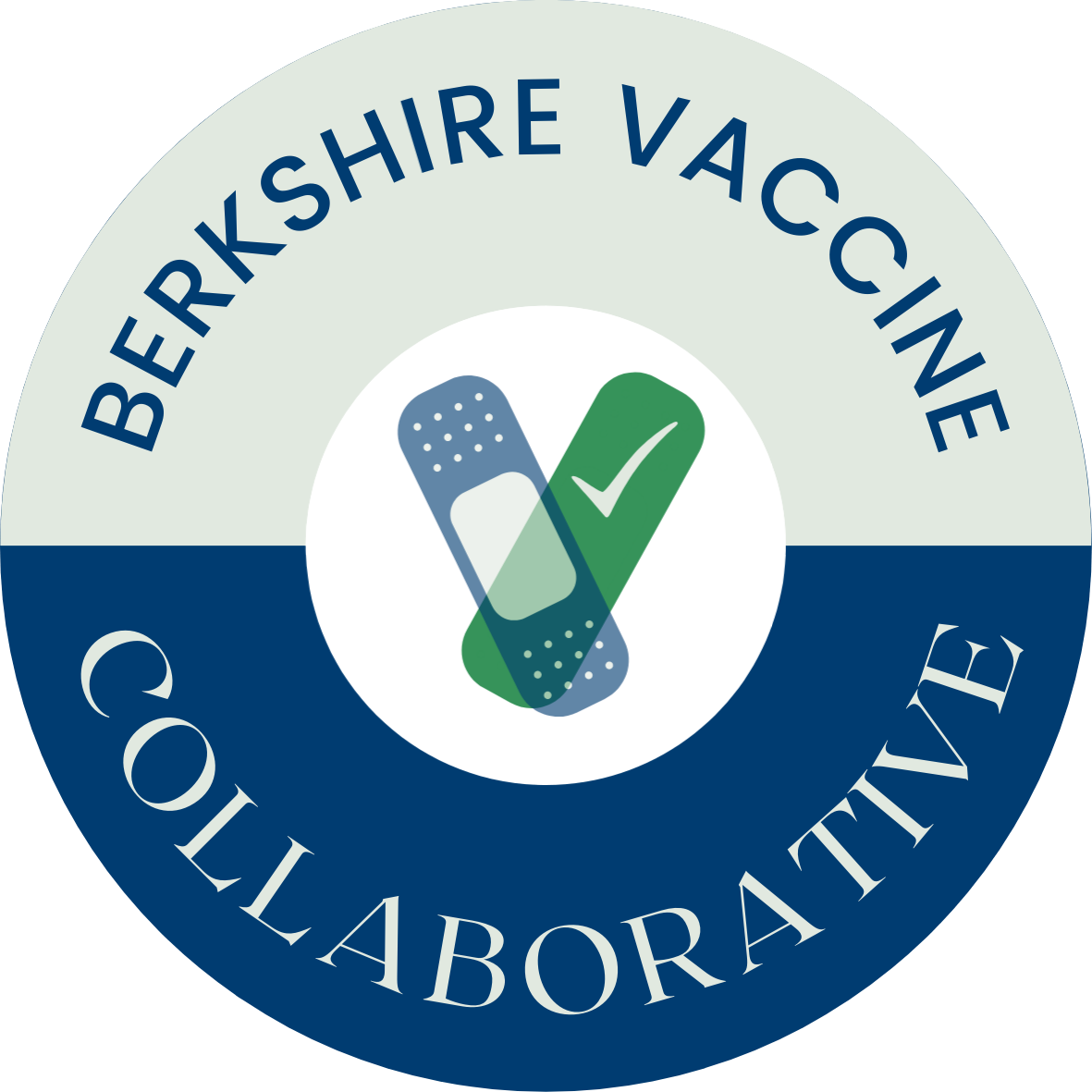What Vaccines Should I Get?
Measles - Anyone who is not immune
Children:
All Children should get a first 1st MMR dose at 12-15 months old and a 2nd dose at 4-6 years old. MMR protects against measles, mumps and rubella (German measles). If a child will be traveling before their first birthday they may be eligible for an early MMR dose, however, they will still need two doses on the regular schedule. Two doses of the MMR vaccine will achieve the highest level of protection (around 97%) against measles. Consult your child’s pediatrician if your child missed either of these vaccination windows.
In the case of an exposure, a child can get an additional MMR if they are not fully immunized as long as it’s been at least 28 days since their first MMR.
Please note that if your child is not fully immunized and there is an exposure, they will be excluded from school and other activities for 21 days or more, whether or not they show any signs of measles.
Adults:
Adult recommendation varies, depending on previous vaccination or disease history. Consult your primary care provider if you have additional questions about whether your are immune or might need a measles vaccine.
If you are an adult and want to determine if you should receive an MMR vaccine, please review the table below from this article on MMR and Measles Protection. If you are unsure of your vaccination history, you can check here.
For additional information on measles, click here. To find a Berkshire County location offering MMR vaccine, click here.
Flu (yearly) — 6 months and older
Anyone over 6 months should get a flu vaccine each year.
Guidelines may change frequently as more is learned and the viruses mutate; please click here for information on flu prevention, including general vaccination and the high-dose flu vaccine for adults over the age of 65.
Note that although the ACIP did not make a recommendation this year on make-up of the Fall 2025 flu vaccine manufacturers are moving ahead using the WHO recommendations (which rarely vary from those of the ACIP). Therefore, the expectation is that flu vaccine will be available as usual this coming fall.
COVID-19 (Yearly for most)
Recommendations are for most people over six months to have a COVID-19 shot annually, but everyone can receive one annually. This is especially important for:
Those over the age of 65;
Those living in a nursing home or other group setting;
Those who have never had a COVID-19 vaccination;
Those at high risk of severe COVID;
Those who are pregnant, breastfeeding, or might become pregnant in the near future
For additional information on COVID-19 vaccine recommendations, click here.
Children aged 6 months-4 years may need multiple doses to be up to date, including at least 1 dose of updated COVID-19 vaccine. Consult your child’s pediatrician to see how many doses they need.
People who are immunocompromised may get additional doses of updated COVID-19 vaccine.
Adults over 65 should consider getting a COVID-19 booster every six months, consult your provider with any questions.
RSV — 75 years and older; ages 50-74 at increased risk of severe disease; pregnant mothers/infant/toddler
For more information, click here.
New recommendations allow for those 50+ who at higher risk to receive an RSV vaccination; check with your provider.
HPV — 26 years and under; some people 45 years and younger;
For more information, click here.
Pneumonia — Children 5 years and under; adults 50 and older; other ages with risk conditions
For more information, click here.
Shingles — Adults 50 and older; adults 19 and older with weakened immune system
For more information, click here.
Tdap (Tetanus, Diphtheria, and Pertussis (Whooping Cough))
Tdap is for those over 7 years of age. Most people should have a booster approximately every 10 years. If you will be in contact with an infant too young to be fully immunized, consider getting another booster. For more information, click here.
DTaP is for young children 6 and under. Children should have three doses of DTaP before their first birthday (commonly 2 months, 4 months and 6 months), a booster at 15-18 months and an additional dose at 4-6 years before they enter school. For more information on DTaP, click here.
Meningococcal - Teens & pre-teens; other children & adults at high risk
For more information, click here.
Childhood Vaccines:
For recommended vaccine schedule by age for your child, please click here or ask your pediatrician.
For school and camp vaccination requirements see Massachusetts guidelines here.


